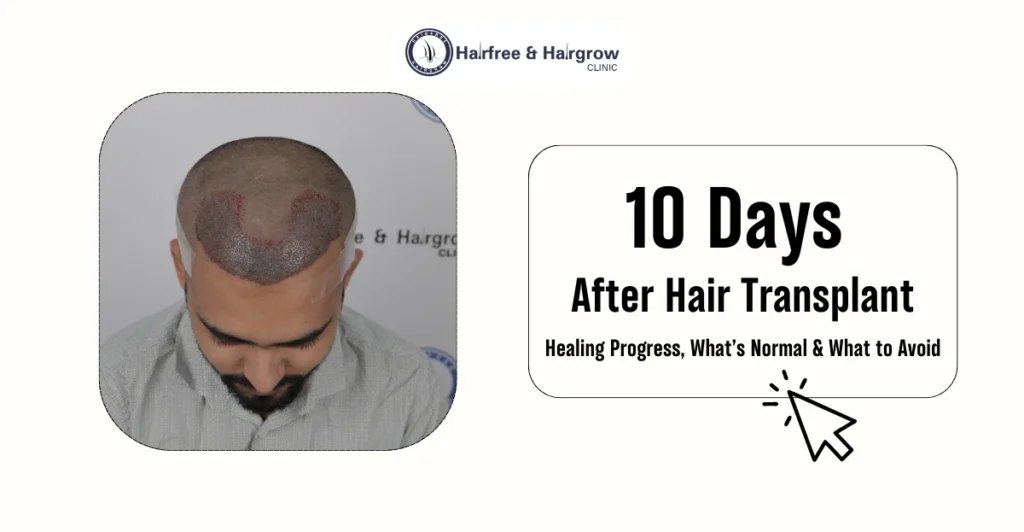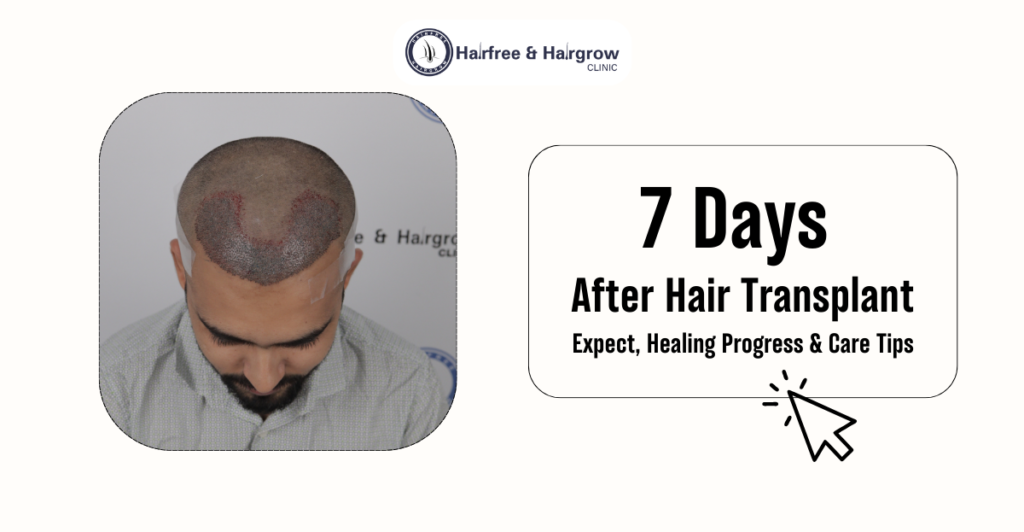Washing your hair daily seems like a good habit, especially to keep dirt and sweat at bay. But have you ever thought about whether this routine is truly beneficial for your hair? While it’s essential to maintain hair hygiene, washing your hair every day may not always be ideal.
Over-washing can strip away natural oils, leaving your hair dry, brittle, and prone to damage. In this blog, let’s explore if daily hair washing is good or bad, considering various factors like hair type, seasonal changes, and alternatives to frequent washing.
Table of Contents
Understanding Hair and Scalp Health
Your hair and scalp are designed to maintain a natural balance of oils that keep them healthy. When you wash your hair frequently, you might be disrupting this balance.
The scalp produces sebum, a natural oil that acts as a protective barrier and keeps your hair moisturized. Over-washing can lead to a dry scalp, which in turn can cause issues like dandruff, itchiness, and hair breakage.

Daily Hair Wash: Pros and Cons
Daily Shampoo is Good for Hair
Washing your hair regularly helps in removing dirt, pollutants, and excess oils that accumulate on your scalp. Especially for those with an oily scalp, frequent washing can keep the scalp fresh and prevent conditions like acne or infections.
Additionally, if you lead an active lifestyle involving lots of exercise or outdoor activities, daily hair washing can help maintain good hygiene.
Cons of Washing Hair Daily
However, daily washing isn’t always necessary and may even be harmful to your hair. Regular use of shampoo strips the hair of its natural oils, making it dry and prone to breakage. Moreover, it can alter the natural texture of your hair and lead to loss of shine.
This is especially concerning for people with dry, curly, or chemically treated hair. Over time, a dry scalp can lead to issues like dandruff and flaky skin, contrary to the common belief that shampooing helps reduce dandruff.
Impact of Seasonal Changes on Hair & Scalp
Seasonal changes also play a significant role in deciding your hair washing frequency. For instance, during summer, when sweat and humidity levels are high, washing hair more frequently might be necessary.
In contrast, during winter, the dry and cold weather can make your scalp prone to dryness and itchiness. In such cases, reducing hair wash frequency can help retain moisture.
Factors Influencing Hair Washing Frequency
Hair Type Considerations
Your hair type significantly affects how often you should wash your hair. For instance, people with oily hair may benefit from washing their hair more frequently to manage oil build-up. On the other hand, individuals with dry or curly hair should limit washing to avoid stripping away essential oils. Straight hair tends to become greasy faster, so washing it every alternate day might be a good choice.
Lifestyle Factors
If you exercise regularly or work in a polluted environment, daily washing might seem necessary to keep your scalp fresh. However, you can also find alternative solutions to minimize the impact of frequent washing on your hair health.
Personal Preference and Comfort
Ultimately, how often you wash your hair comes down to what makes you feel comfortable and confident. If washing daily makes you feel fresh and keeps your scalp healthy, you can continue doing so while using milder products to minimize damage.
Alternatives to Daily Washing
Dry Shampoo for Oily Hair
Dry shampoo can be a lifesaver, especially if you have an oily scalp. It absorbs excess oil, giving your hair a refreshed look without actually washing it. However, it’s crucial to use dry shampoo moderately, as excessive use can clog pores and lead to scalp issues.
Scalp Treatments and Other Hair Care Routines
In addition to washing, regular scalp treatments like massages or oiling can help maintain scalp health. You can also incorporate co-washing, which involves using conditioner alone to wash your hair, to reduce dryness and preserve natural oils.
Importance of Balancing Hair Washing with Other Care Methods
Healthy hair care isn’t just about washing frequency. A well-rounded hair care routine includes conditioning, using the right hair products, and eating a balanced diet to keep your hair strong from within. Ensuring proper hydration and protecting your hair from excessive heat and styling is essential for overall hair health.
Tips for Healthy Hair Washing
- Use a mild shampoo: Choose a gentle, sulfate-free shampoo if you wash your hair daily to reduce the risk of dryness and damage.
- Condition regularly: Always condition your hair after shampooing to restore moisture and prevent tangling.
- Avoid hot water: Washing your hair with hot water can further dry out the scalp. Instead, use lukewarm or cool water.
- Limit towel rubbing: After washing, gently pat your hair dry with a soft towel instead of rubbing vigorously.
Conclusion
So, is daily hair wash good or bad? The answer depends on your hair type, lifestyle, and preferences. While washing daily can help keep oily scalps clean, it can be detrimental to dry or curly hair.
It’s crucial to find a balance that suits your hair type and maintain a healthy hair care routine beyond just washing. Experiment with alternatives like dry shampoo and regular scalp treatments to keep your hair looking its best without compromising its health.
If you’re struggling with hair loss or thinning, trust Hair free Hair Grow Bangladesh to provide the best solutions. With advanced hair restoration treatments and a dedicated team, regain your confidence and enjoy healthy, natural-looking hair. Call us at (+880) 1974223921 today to book a consultation.
FAQ
High summer temperatures can increase sweat and oil production on the scalp, leading to clogged pores and hair fall. It’s essential to keep the scalp clean, but not at the expense of stripping natural oils.
Look for shampoos that are sulfate-free, pH-balanced, and enriched with moisturizing ingredients like aloe vera, coconut oil, or keratin to maintain scalp health and moisture.
Daily washing can lead to a dry and irritated scalp, increasing the risk of dandruff and flakiness. Opt for mild shampoos and consider spacing out washes if you experience these issues.
If your hair feels dry, switch to a hydrating shampoo, reduce the frequency of washing, and use deep-conditioning treatments regularly to restore moisture.

Written By
Medical Officer & Hair Transplant Surgeon
Dr. Nazmin Sultana Nipa is a distinguished hair transplant doctor in Bangladesh, known for her advanced skills in hair restoration. As a Medical Officer and Hair Transplant Surgeon, Dr. Nipa combines her extensive experience in the field with a focus on transparency and patient-centered care.
Disclaimer
We’ve made all possible efforts to ensure that the information provided here is accurate, up-to-date and complete, however, it should not be treated as a substitute for professional medical advice, diagnosis or treatment. See Detailed Disclaimers Here.



